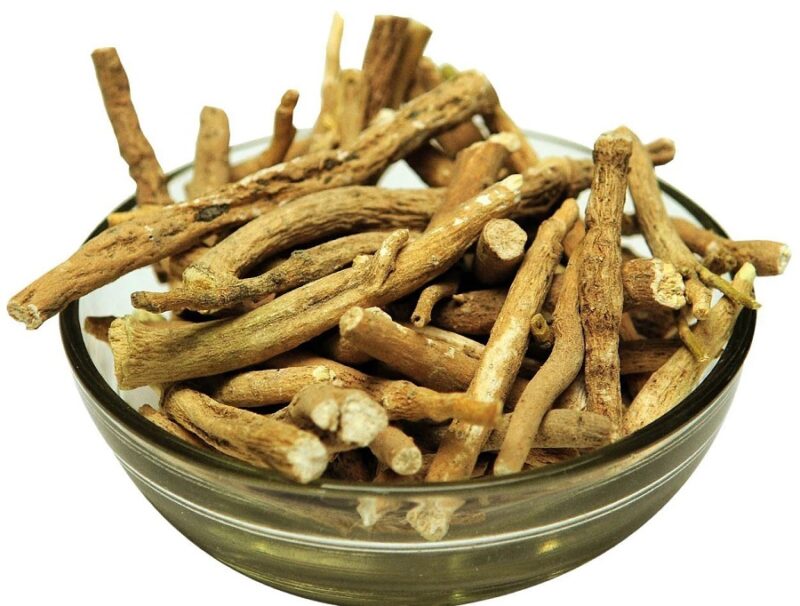Seasonal allergies affect a staggering 400 million people globally. In India, around 33% of people every year contract these allergies, scientifically termed ‘pollen allergy’ or ‘seasonal allergic rhinitis’, according to a study published in the Journal of Evolution of Medical & Dental Sciences.
This condition, commonly known as hay fever, emerges during specific climatic transitions, notably in extreme weather conditions, such as summer and winter.
Dr Iqbal Ahmad Kar, a senior medical officer, explains that these allergies occur when minuscule pollen grains, carried by winds, find their way into our bodies through the nose, eyes, ears, and mouth.
Kar said hay fever is characterised by symptoms like red eyes, runny nose, continuous sneezing, a sore throat, cough, and itchiness in the mouth, nose, and eyes.
“There is no specific medication to cure these allergies, making it imperative to seek alternative remedies,” he said.
Dhruv Chauhan, assistant medical superintendent at Sanjeevan Medical Research Centre, New Delhi, says that there are some anti-allergens like Cetirizine and Allegra that are used to cure seasonal rhinitis.
“Because people have different symptoms, it is difficult to name any one specific medicine. Doctors often prescribe medicines after a thorough check-up,” he said.
Kar added that any age group could be affected by seasonal allergies.
When asked about how to cure seasonal allergies and what type of medicines to take, Kar emphasises, “Following Ayurveda and incorporating Ayurvedic herbs in your daily diet can help you fight these allergies.”
Ayurveda, derived from the Sanskrit words Ayur (life) and Veda (science or knowledge), is one of the oldest medical systems rooted in the Indian subcontinent.
He further elaborates on how Ayurveda aids in curing seasonal allergies, stating, “It focuses on maintaining a balance between the mind, body, and soul. Ayurvedic medicine relies on herbal remedies, meditation, and yoga. Practising yoga and incorporating herbs like giloi, ashwagandha, and amalaki can help in dealing with seasonal allergies.”
He also sheds light on the benefits of ashwagandha in curing seasonal allergies.
Ashwagandha, scientifically known as Withania somnifera, is a shrub whose roots and berries have been used as medicine for thousands of years in traditional Ayurvedic medicines.

This herb contains several compounds, including withanolides, a group of substances known as steroids. Specifically, Withanolide A and Withaferin A have been associated with anti-inflammatory and antioxidant effects, making ashwagandha effective in dealing with seasonal allergies or hay fever.
The herb, according to Kar, helps in sleep and in reducing inflammation and pain.
“Ashwagandha also contains certain glycosides and plant steroids that help cure allergic rhinitis or seasonal cold disorders. Consuming ashwagandha strengthens the immune system and aids the body in fighting hay fever,” he added.





